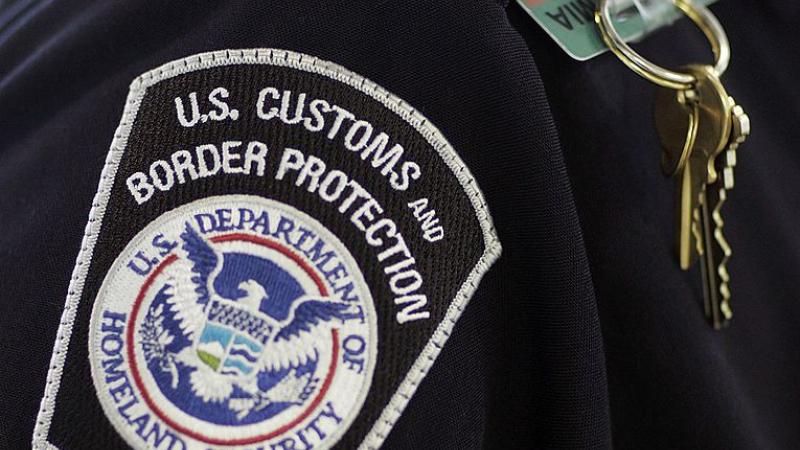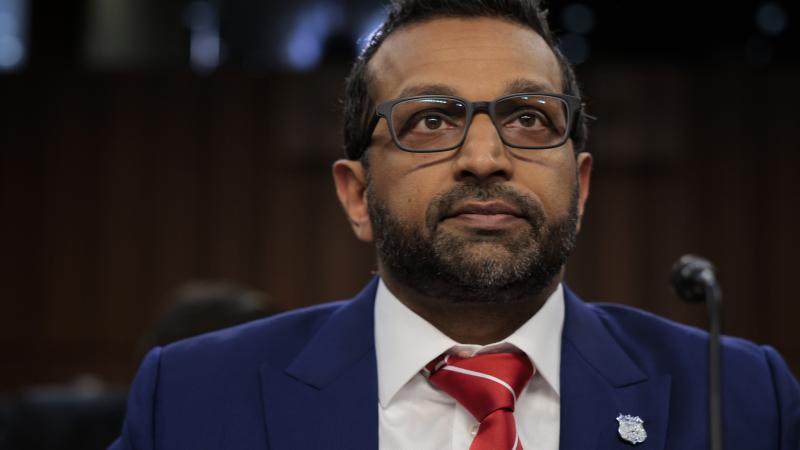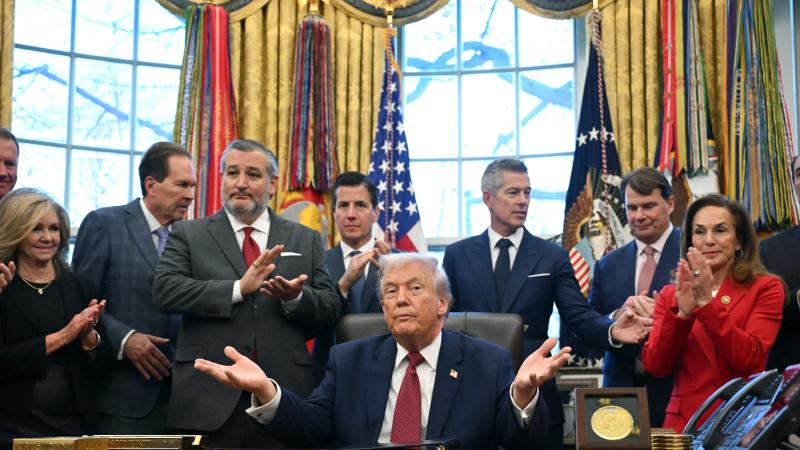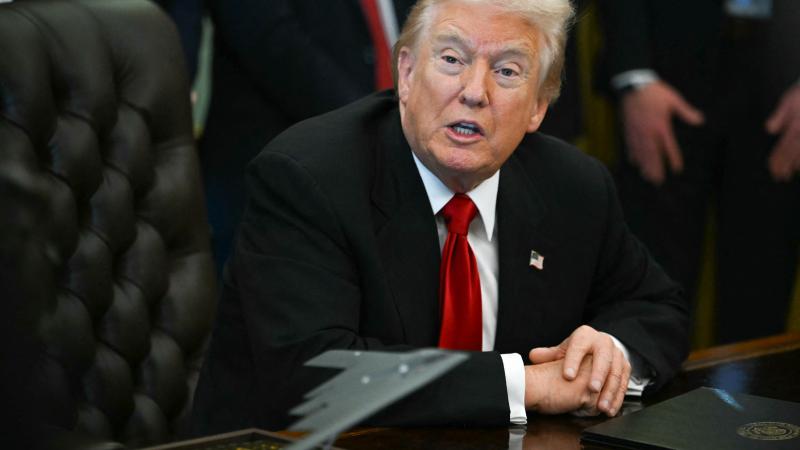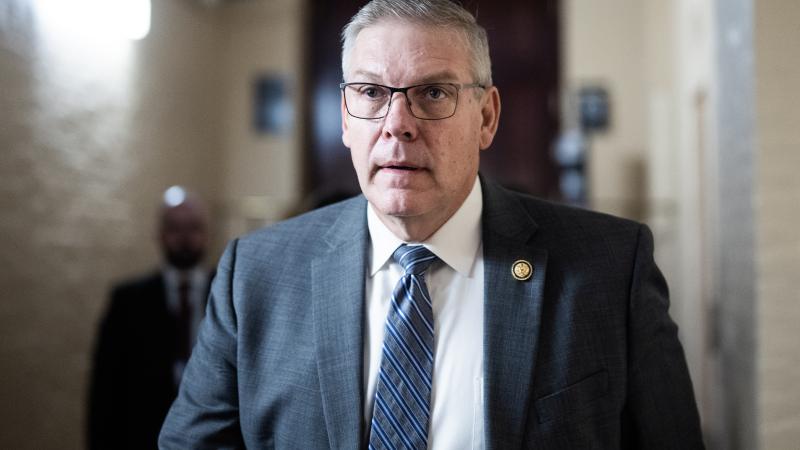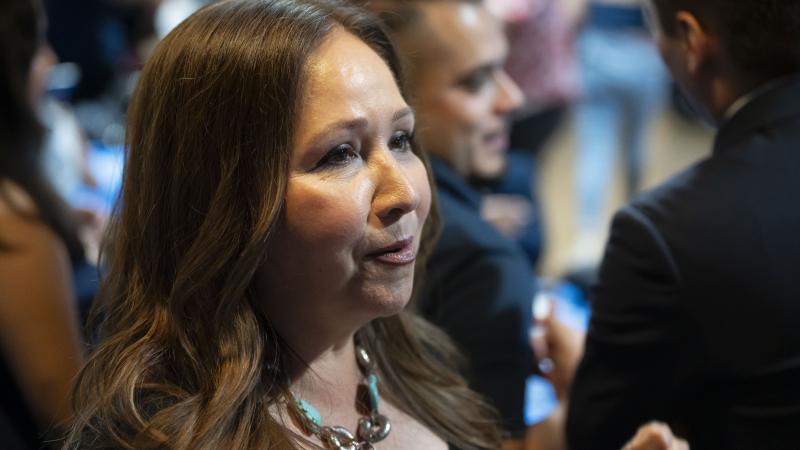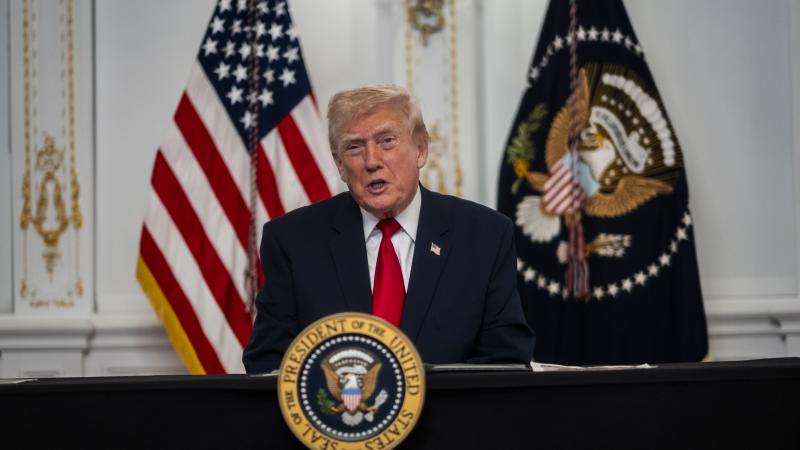Hochul's ‘bell-to-bell’ smartphone ban to survive budget negotiations
Under the proposal, schools will be required to develop plans for storing smartphones during the day, but administrators and teachers will have the flexibility to do what works best for their buildings and students.
(The Center Square) -
(The Center Square) — New York Gov. Kathy Hochul is making a final push to include a "bell-to-bell" smartphone ban in public schools, and the state's legislative leaders appear to be lining up behind the proposal.
The proposal, tucked into Hochul's two-year, $252 billion state budget, would ban "unsanctioned" use of smartphones and other internet-enabled personal devices on school grounds in K-12 schools for the entire school day, including classroom time and other settings like lunch and study hall periods.
Under the proposal, schools will be required to develop plans for storing smartphones during the day, but administrators and teachers will have the flexibility to do what works best for their buildings and students.
Hochul has framed the ban as a way to protect youth mental health and says smartphone use in schools is "harmful" for kids who spend more time scrolling through their social media feeds than paying attention to their studies.
Legislative leaders are lining up behind the proposal despite pushback from some Democrats who have pushed for local school districts to have more of a say in setting restrictions on students.
“We believe that our young people in school should be focused on learning, and they do not need the distraction of the cell phone,” Senate Majority Leader Andrea Stewart-Cousins, D-Yonkers, told reporters during a briefing Wednesday. "As of around yesterday, the majority of the members are more comfortable with a bell-to-bell approach."
Assembly Speaker Carl Heastie, a Bronx Democrat, told reporters on Tuesday that the Democratic-led chamber is largely behind Hochul's proposal and expects it will be included in the final budget package, due by April 1.
“Every school district has their own issues, ideas," Heastie told reporters. "But I would say the conference is probably much closer to the bell-to-bell."
Under the proposal, schools would be required to give parents a way to contact their children during the day and allow students to have cell phones without internet capability, as well as internet-enabled devices officially provided by their school for classroom instruction, such as laptops or tablets used as part of lesson plans.
Hochul and lawmakers are also proposing $13.5 million in new funding for schools that need assistance purchasing storage solutions to help students be distraction-free. Schools will be required to track and report on the ban's enforcement and any disparities in enforcement.
There are also exemptions for students in an Individualized Education Program, students who need an internet-enabled device to manage a medical condition, and students for other academic purposes, such as translation.
Social media companies are increasingly being blamed for the rising rates of depression, suicidality and other mental health issues among youth nationally. In response, states and local governments are increasingly considering legislation and legal action to crack down on social media use.
Parent groups, including Parents Collective Inc. and Phone Free Action, are pressuring legislative leaders to approve the ban.
“While arguments for local control in education are generally compelling, cell phones pose unique problems,” the advocates wrote in a letter to lawmakers. "Research is abundant and clear. Cell phones in schools pose serious threats to our kids’ capacities to learn, mental health, and social development."
Last year, New York City Mayor Eric Adams declared social media a "public health threat." They filed a lawsuit against Facebook, Snapchat and other social media networks, blaming the big-tech companies for fueling a youth mental health crisis. The outcome of that legal challenge is still pending.
